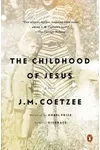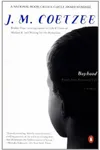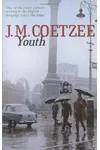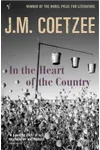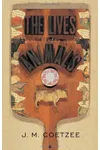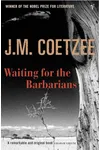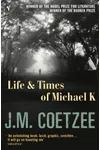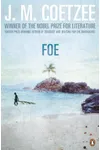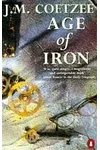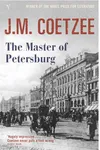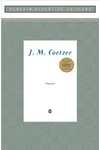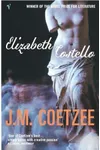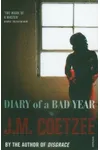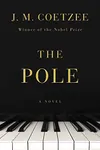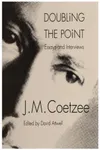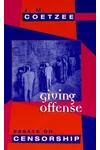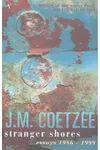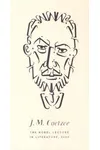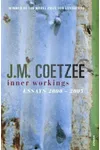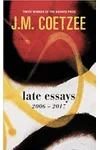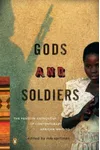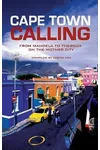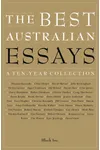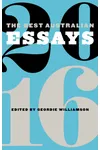Picture a South African storyteller who crafted haunting tales of the human condition—meet J.M. Coetzee! Born in Cape Town in 1940, this Nobel Prize-winning author has captivated readers with novels like Disgrace and Life and Times of Michael K. Known for his reclusive nature and sharp insight into post-apartheid society, Coetzee’s work is a literary treasure that spans continents and emotions.
With a style that’s both sparse and profound, Coetzee tackles themes of power, morality, and identity. His move to Australia in 2006 added a global lens to his already rich narratives, making him a towering figure in modern literature. Ready to dive into his world? Let’s explore the life and legacy of J.M. Coetzee!
The Making of J.M. Coetzee
John Maxwell Coetzee grew up in Cape Town, South Africa, under the shadow of apartheid. Born to Afrikaner parents, he was a bookish child, drawn to stories that grappled with complex truths. After earning degrees in mathematics and English, he briefly worked as a computer programmer in London before turning to academia and writing. His early years, marked by intellectual curiosity and a distaste for political dogma, shaped his unflinching literary voice.
Coetzee’s first novel, Dusklands (1974), signaled his arrival as a bold new talent. Blending historical and contemporary narratives, it set the stage for a career that would challenge readers to confront uncomfortable realities. His reclusive demeanor only fueled intrigue, as he let his work speak louder than his public presence.
J.M. Coetzee’s Unforgettable Stories
Coetzee’s novels are like quiet storms—deceptively simple yet deeply unsettling. His masterpiece, Disgrace (1999), follows a disgraced professor navigating post-apartheid South Africa. The novel’s raw exploration of shame, redemption, and racial tension earned it the Booker Prize and cemented Coetzee’s global reputation. It’s a must-read for its stark beauty and moral complexity.
Life and Times of Michael K (1983), another Booker winner, tells the story of a man caught in a war-torn South Africa. Through Michael’s journey, Coetzee examines survival and dignity with a minimalist style that hits like a gut punch. Other gems like Waiting for the Barbarians (1980) and The Childhood of Jesus (2013) showcase his ability to weave allegory and introspection across diverse settings.
Coetzee’s writing is spare, almost surgical, yet brims with emotional weight. He avoids flashy prose, letting silences and subtext do the heavy lifting. His themes—colonialism, power dynamics, and the search for meaning—resonate universally, making his work timeless yet urgently relevant.
Why J.M. Coetzee Matters
J.M. Coetzee’s impact on literature is profound. As one of the few authors to win the Nobel Prize in Literature (2003) and multiple Booker Prizes, he’s redefined the novel’s potential to probe human struggles. His unflinching look at post-apartheid South Africa has shaped global conversations about race, power, and reconciliation. Beyond his homeland, his move to Australia and vegetarian advocacy reflect a restless intellect that continues to evolve.
Coetzee’s legacy lies in his ability to make readers think and feel simultaneously. His novels don’t offer easy answers, but they invite us to wrestle with life’s big questions. For aspiring writers and curious readers, his work is a masterclass in saying more with less.
About J.M. Coetzee
- Born: February 9, 1940, in Cape Town, South Africa
- Key Works: Disgrace, Life and Times of Michael K, Waiting for the Barbarians
- Awards: Nobel Prize in Literature (2003), Booker Prize (1983, 1999)
- Fun Fact: Coetzee is a dedicated vegetarian and has woven animal rights themes into his writing.
Snag Disgrace or Life and Times of Michael K and dive into J.M. Coetzee’s haunting, thought-provoking world. Trust us, you won’t look at storytelling the same way again!
